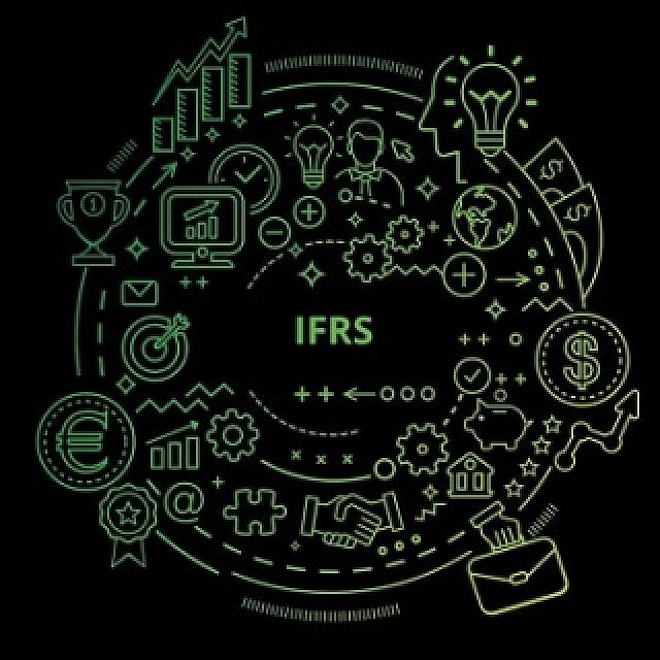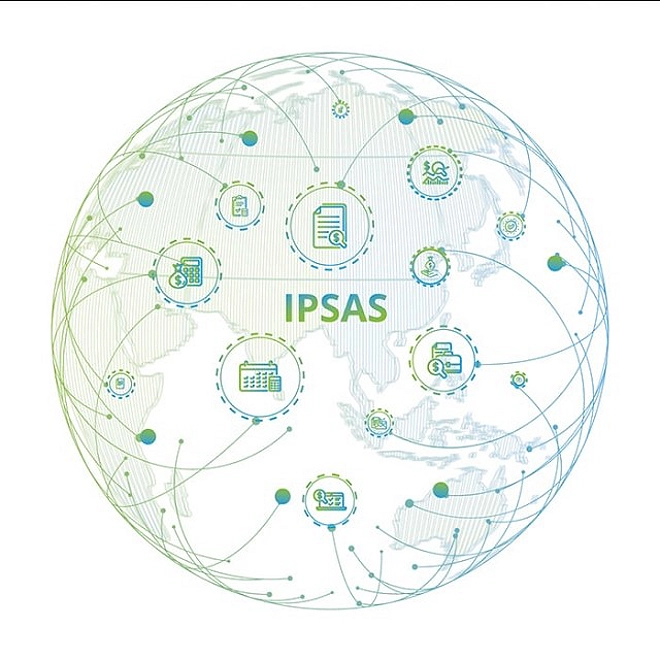Audit
Annual transparency report in accordance with the EU and Belgian regulatory requirements
Auditors are an important part of the financial reporting ecosystem. Deloitte’s constantly evolving audit process leverages leading-edge technology combined with a global network of professionals applying diverse skills and experience—to deliver an impact that matters.
Meeting expectations is where our Audit services begin
With nearly two centuries of performing quality audits, we pride ourselves on our unwavering commitment to doing the right thing. At the core of what we do is our critical public interest role and instilling trust and confidence in capital markets. When you choose our Audit services, you can expect a drive to deliver with quality, integrity, innovation and impact.
People committed to go beyond
Our people are one of our greatest advantages when it comes to delivering quality work. Their commitment to integrity and serving the public interest is at the core of what we do. We are motivated by making an impact that matters and contributing to better financial reporting ecosystems.




